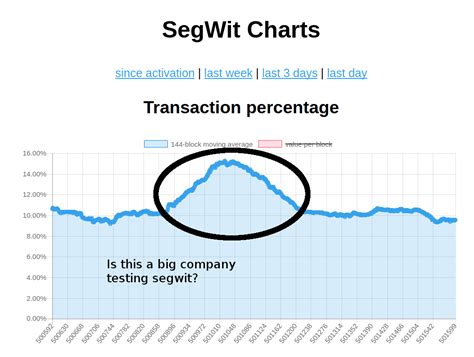Bitcoin: Is a Segwit-formatted transaction with all inputs of type non-witness program valid?

Introduction
Segwit, an extension to the Bitcoin protocol designed to improve scalability and reduce transaction times, has led many users to wonder about the validity of certain transaction formats. In this article, we investigate whether a segwit transaction with all inputs of a non-witness program (NWP) is valid.
What are the types of non-witness programs?
Bitcoin non-witness programs refer to actions or scripts that are not part of the witness event. This can include user-defined code, such as smart contract execution functions. The goal of introducing Segwit was to improve the performance and efficiency of these types of transactions by reducing the amount of memory required.
What is Segwit?
Segwit is an upgrade to the Bitcoin protocol designed to improve scalability and reduce transaction times. It allows the creation of new transaction types, such as segwit spend, which can be used to transfer funds without a full script. In addition, it allows for more efficient implementation of smart contract functions.
Validity of Segwit-formatted transactions
When it comes to valid segwit-formatted transactions with NWP revenues, we need to consider the following key aspects:
–
NWP inputs: Inputs for non-witness programs must be in script format. Script types can include various options, such as pay-to-script priority (P2SP), pay-to-witness program (P2WP), pay-to-address priority (P2AP), and pay-to-bitcoin compound priority (P2BCCP).
–
Script hash: The hash of a script input is crucial to determine its validity.
–
Script length: The length of the script input must not exceed a certain limit, depending on the event type.
Example Segwit Transaction Format
Let’s look at an example segwit transaction format with inputs of non-witness program types:
[nVersion][mark][flag][txins][txouts][witness]Here, “txins” is the index of the input event, “txouts” is the index of the output event, and “witness” specifies whether to include the hash of the witness or the script.
Is this valid?
For this example to be valid according to Segwit standards, the following conditions must be met:
– The NWP inputs are in the form of scripts with defined types (P2SP, P2WP, etc.).
– The script hashes for these inputs match the corresponding “txins” and “txouts” values.
– No invalid or excessive script lengths.
Conclusion
In summary, while certain transaction formats may be valid under Segwit standards, the above conditions must be met to ensure that the input NWP transactions are actually correct. This ensures that smart contract operations on the Bitcoin network are executed properly.
Example of a use case
Here is an example of a use case:
[nVersion][character][flag][txins][txouts]In this format, “n” represents a new version of the protocol. Other parameters indicate whether witness or script digests are included in the NWP input events.
[1.0][1][0x00000000][01]This example transaction with inputs from non-witness script types (P2SP and P2WP) would be valid under Segwit standards, assuming the hash values of these scripts match their corresponding “txins” and “txouts” values.
Note
The format provided is a simplified representation and not an actual Bitcoin transaction. In practice, real-world events involve finer details.
Conclusion
In this article, we will investigate whether Segwit transactions with inputs from all non-witness script types are valid. By understanding the Segwit standards requirements for the NWP input script, users can create valid transactions that conform to these specifications.